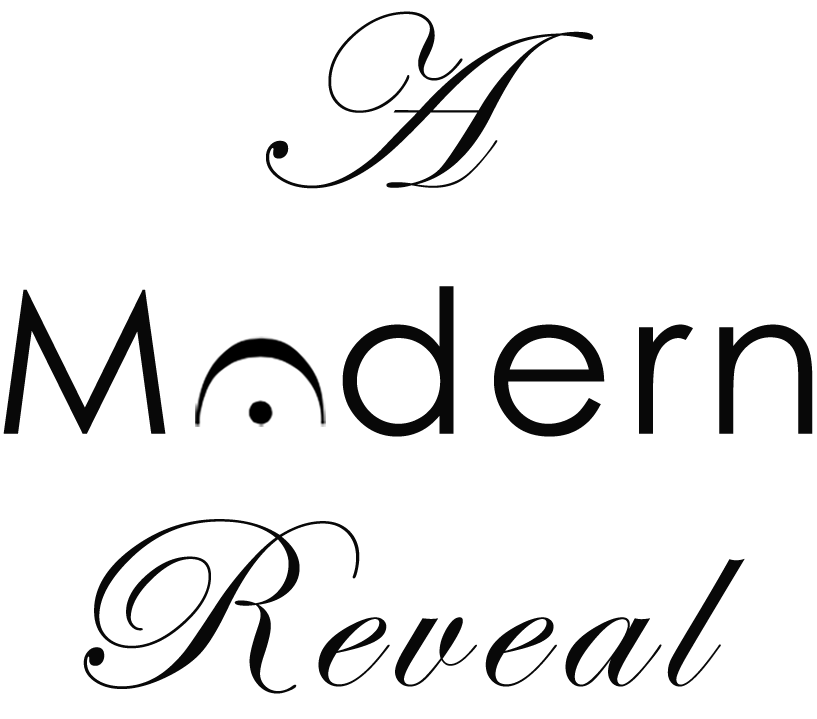Jewish and Eastern European Composers
Photo sources (beginning top left):
Fine: vivianfine.org
Schönthal: furore-verlag.de
Zaimont: tpr.org
Ran: chicagotribune.com
Panufnik: thecuspmagazine.com
Wallach: joellewallach.org
Jewish women composers have contributed unique religious and cultural musical traditions to today’s contemporary landscapes. Their freedom of expression and tireless efforts to compose have led to stylistic achievements that have permanently altered and informed America’s musical canon.
Historically, performance opportunities for the music of Jewish women was led in large part to salons, which became exceedingly popular during the Romantic era. These intimate concerts allowed Jewish women to establish a venue in their homes in which Jews and non-Jews could meet in relative equality.
Over the past several decades, performance of music by Jewish women has become more common and their voices more prominent, but the path for these composers and musicians was often challenging. One likely reason for this relates to Jewish liturgy, where women’s roles as cantors did not become officially recognized until the 1970s. (Some reform churches did employ women cantors earlier in the 20th century, but the practice was not the norm at that time.) For this reason, sacred music by Jewish women did not garner a wide and accepting audience until recent years. Secular music, however, was more easily written and disseminated.
It is also important to note the ways in which Jewish liturgical music evolved since its origins, paving the way for future study, composition, and performance of both sacred and secular works inspired by this music. Beginning as a tradition with strong oral roots, major strides were made by scholars and musicians who notated previously unpublished liturgical music and composed music to encompass the entire Jewish liturgical calendar, making learning, singing, and sharing important pieces from the Jewish canon more accessible to everyone and standardizing the study of Jewish liturgical music. Two important contributors to this work were cantor and composer, Abraham Baer (1834-1894), and musicologist and composer, Abraham Idelsohn (1882-1938).
One of A Modern Reveal’s contributors, Abigayle Stoetzer, a 2020 graduate of Temple University in Vocal Performance, who is currently applying for a Master’s degree in musicology with an emphasis on Jewish music of varying genres, focused her senior recital on music by both Jewish women and men composers. She has been integral to our research about these composers and shares the following information about her experience discovering their stories and works:
The musical elements within Judaism always evoked a sense of community and comfort within me. It made me feel like I was a part of something larger than myself. When I began studying Vocal Performance at Temple, I had an inkling that I wanted to perform Jewish music, not only because of my heritage, but also because of the importance of featuring lesser known composers. This is an ideal that I share with A Modern Reveal. Throughout my time at Temple University, I studied with Randi Marrazzo to develop my voice and reached out to Dr. Lawrence Indik for Jewish repertoire suggestions. As I came into myself as a performer, researcher, and Jewish person, it only made sense to showcase Jewish composers for my senior recital.
When I finally discovered the perfect music for my recital, I felt like I uncovered something magical, something that everyone should hear! I found it easy to learn the melodies because the (minor) modes made my ears so happy. I initially wanted to showcase a whole reel of Jewish composers, but because many Jewish melodies or folk songs have been passed down from generation to generation by word of mouth, it was difficult to find recordings and sheet music.
An interesting fact I noticed during my research was that many Jewish composers write at least one piece dedicated to Judaism or the Holocaust, speaking to the Jewish musical tradition of telling a story by honoring one’s ancestors. In this music, the listener can feel the sorrow, grief, and loss emanated throughout.
In an effort to juxtapose the living with the historical on A Modern Reveal’s site, we will begin by sharing the songs and stories of six prominent Jewish women composers who have made massive strides in musical history. Over time, we will expand this list.
We would like to extend our deepest gratitude to Dr. Lawrence Indik, Associate Professor of Vocal Arts at Temple University, for his guidance and input in our research on these important topics.
Sources:
"Abraham Baer.” Jewish Music Research Center. https://jewish-music.huji.ac.il/content/abraham-baer
Fuller, Sophie. The Pandora guide to women composers : Britain and the United States, 1629-present. Pandora, 1994.
Fried Block, Adrienne. “Jewish Women and Jewish Music in America.” Jewish Women’s Archive, https://jwa.org/encyclopedia/article/jewish-women-and-jewish-music-in-america.
Heskes, Irene. “Cantors: American Jewish Women.” Jewish Women’s Archive, https://jwa.org/encyclopedia/article/cantors-american-jewish-women.
Heskes, Irene. Passport to Jewish Music Its History, Traditions, and Culture. Praeger, 1994.
“Women Composers of the Milken Archive.” Milken Archive, www.milkenarchive.org/news/news-items/view/women-composers-of-the-milken-archive/.
Further reading:
Edelman, Marsha Bryan. Discovering Jewish Music. Jewish Publication Society, 2007.
Levin, Neil W. “Jacob Weinberg.” Milken Archive of Jewish Music. https://www.milkenarchive.org/artists/view/jacob-weinberg
Loeffler, James. “Yo’el Engel.” The YIVO Encyclopedia of Jews in Eastern Europe. https://yivoencyclopedia.org/article.aspx/Engel_Yoel
The Composers
Vivian Fine
Roxanna Panufnik
Shulamit Ran
Ruth Schönthal
Joelle Wallach

